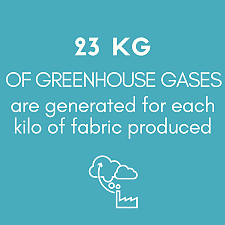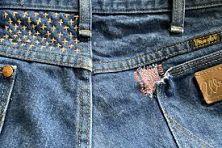Your Cart is Empty
Well sealed so no leakage. Keeps food cool and salads crisp. As with all the Elephant Box products this will last.
Nice and useful storage boxes. Unfortunately the 500 ml one doesn't fit in the Elephant Box Lunchbox, but the smaller (250 ml) one does. Appear to be nice and durable.
Reasonably expensive, so they're going to have to last a long time.
Very good lunchbox. Perfect size for me, and appears very durable.
It is a little bit expensive, so I'm expecting it to last years.
Love my dust pan and brush set. I love that the brush magnetically sticks to the handle of the pan. It is so convenient!! Thought it was a really nice, quality product and good value for money!!!









 Washing synthetic clothes is a problem. New research finds that a whopping 35% of the microplastics found in the oceans comes from clothes washing. According to the report, each time an item of clothing is washed, up to 700,000 microscopic fibres make their way into our oceans, where they are swallowed by sea life and become incorporated into the food chain, potentially ending up on our plates.
Washing synthetic clothes is a problem. New research finds that a whopping 35% of the microplastics found in the oceans comes from clothes washing. According to the report, each time an item of clothing is washed, up to 700,000 microscopic fibres make their way into our oceans, where they are swallowed by sea life and become incorporated into the food chain, potentially ending up on our plates.



















